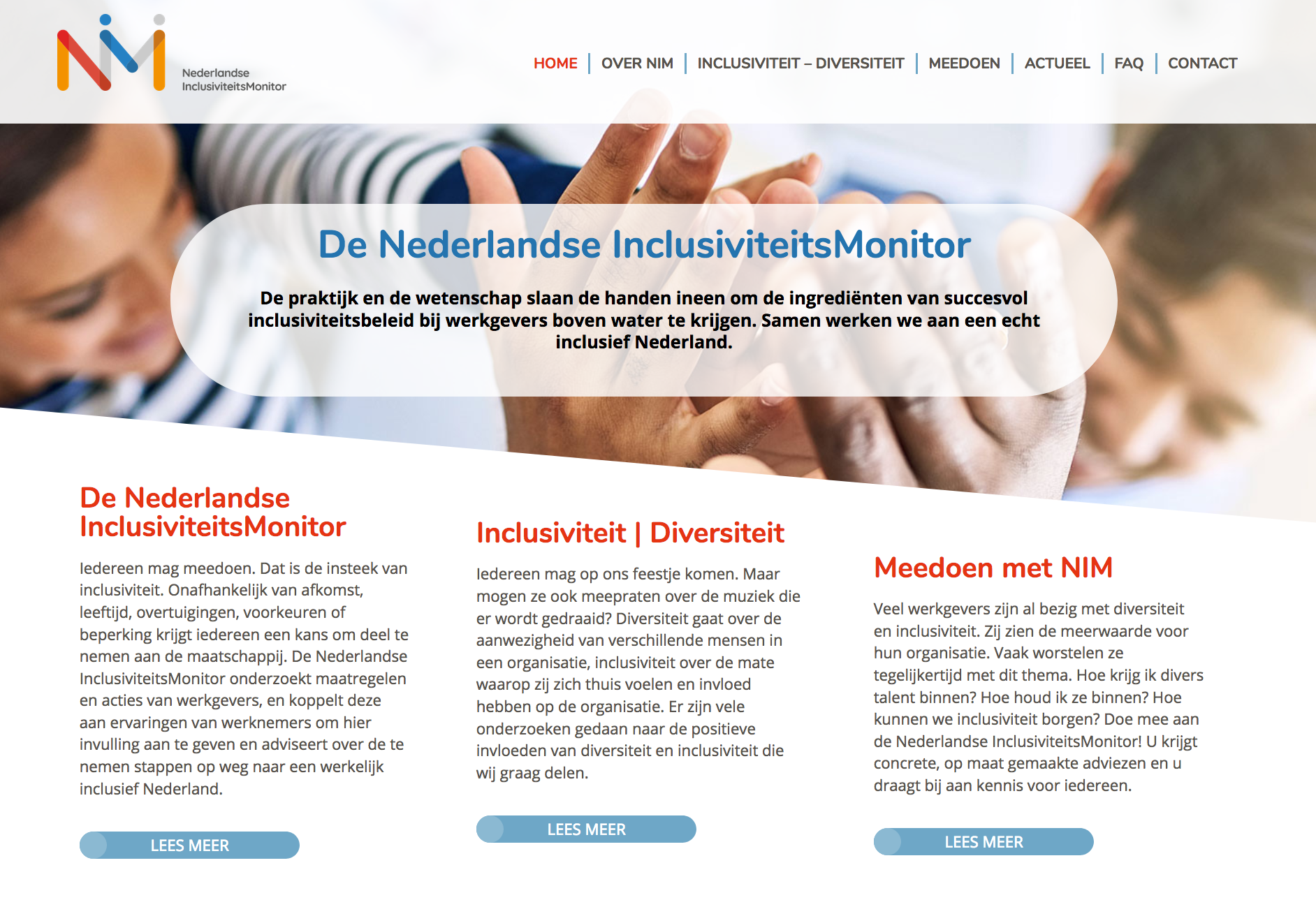For my inaugural speech on April 6th, I am expected to wear the traditional toga in the Leiden University format. While the outside is black, the inside can be anything according to the infamous Togamaker who, situated on the Dutch canals, has for decades been creating custom-made togas for newly minted professors.
I chose to have a Leiden blue silk printed with the Declaration of Amsterdam in rainbow font.
The Declaration of Amsterdam ‘Call to Action’:
1. Employers must provide a safe, comfortable, equal opportunity workplace and promote authenticity for LGBT employees.
2. Employers should work closely with and benefit from the knowledge of other parties (employee networks and NGOs) dealing with LGBT workplace issues to achieve improvements.
3. Employers should identify and support leaders and decision-makers (LGBT and straight) that actively strive to create LGBT-inclusive working environments.
4. LGBT employees should actively strive to be visible at work and collaborate with their employers on diversity and inclusion, leading the way for all employees.
5. LGBT employees should guide their employers on measures to support this declarations goal's and implementing best practices.
6. Employers and LGBT employees should create and support structures in the organization that ensure progress.
7. Employers should embed the Declaration’s concepts in organizational principles, and include them explicitly in external communication such as Annual and Corporate Responsibility Reports.
8. Employers and employees should develop and establish measurements that identify the level and progress of LGBT inclusiveness within the organization and benchmark this externally.
9. Employers should dedicate a minimum of 1 euro per employee in the organization to support LGBT programs and Employee Resource Groups.
10. Organizations should visibly support the improvement of working environments for their LGBT employees in all the countries where they are active.
With Prof.dr. Kees Waaldijk on April 6th 2018










